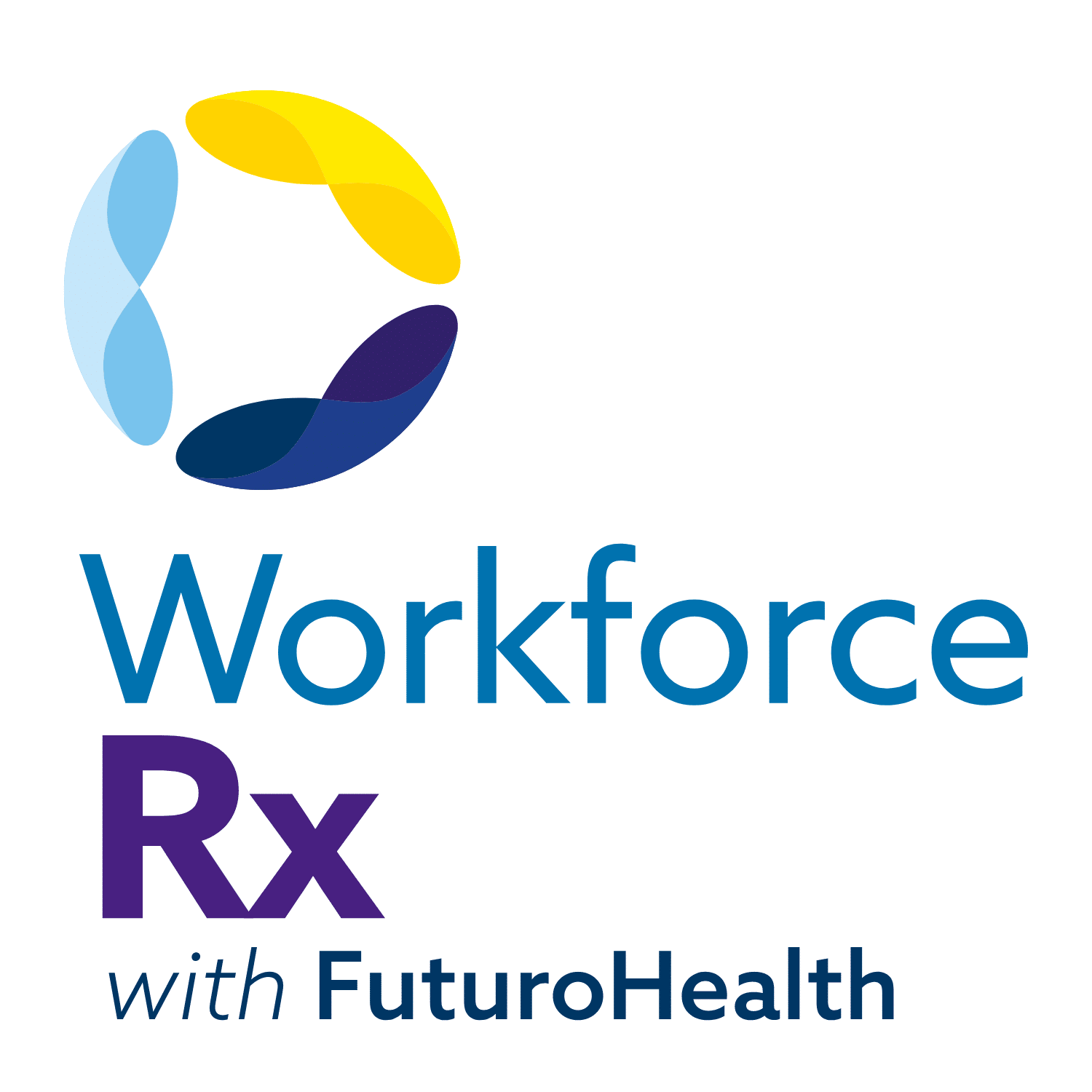Bryan Hancock has spent the last two decades focused on the disconnect between the skilled workers employers need and what is available in the workforce. As Global Leader of McKinsey & Company’s Talent Management Practice, he’s able to tap into the firm’s deep research on workforce trends to advise private and public sector clients and what he’s seeing is an even larger skills gap developing as automation and digitization take over a significant portion of what he calls “the dull and dangerous” work. In fact, McKinsey estimates 30 to 40 percent of all workers in developed countries may need to move into new occupations or at least upgrade their skill sets significantly in the next decade. Despite that daunting challenge, he’s not discouraged because many large employers are making big investments in employee learning opportunities, and technologies like virtual reality are creating fun and effective options for training. He’s also encouraged by growth in the “workforce ecosystem” – independent foundations, companies, and other organizations who are innovating to close gaps in skills and opportunity. Check out this episode of Workforce Rx as Bryan and Futuro Health CEO Van Ton-Quinlivan explore all of those issues plus the growing importance of soft skills, the impact of the gig economy, and how employers can take a “talent first” approach.

If you’re wondering why there are ten million unfilled jobs in the U.S. despite having an unemployment rate above pre-pandemic levels, Ryan Craig has...

“I think training is gonna be so different looking in the next few years than what we're used to,” says Anson Green who brings...

Most home care workers are women of color working more than one job, struggling to afford childcare, and doing difficult work without any prospects...